
Historical Significance
The Kambingan Festival, held in Tuy, Batangas, is a celebration that highlights the town’s deep-rooted connection to goat-raising, one of its primary economic activities. Although relatively modern compared to older, religion-based festivals in the Philippines, it holds significant cultural and historical value for the community. The festival is usually celebrated annually in August to coincide with Tuy’s founding anniversary on August 12, 1866. A recent celebration was also held on June 5-6.
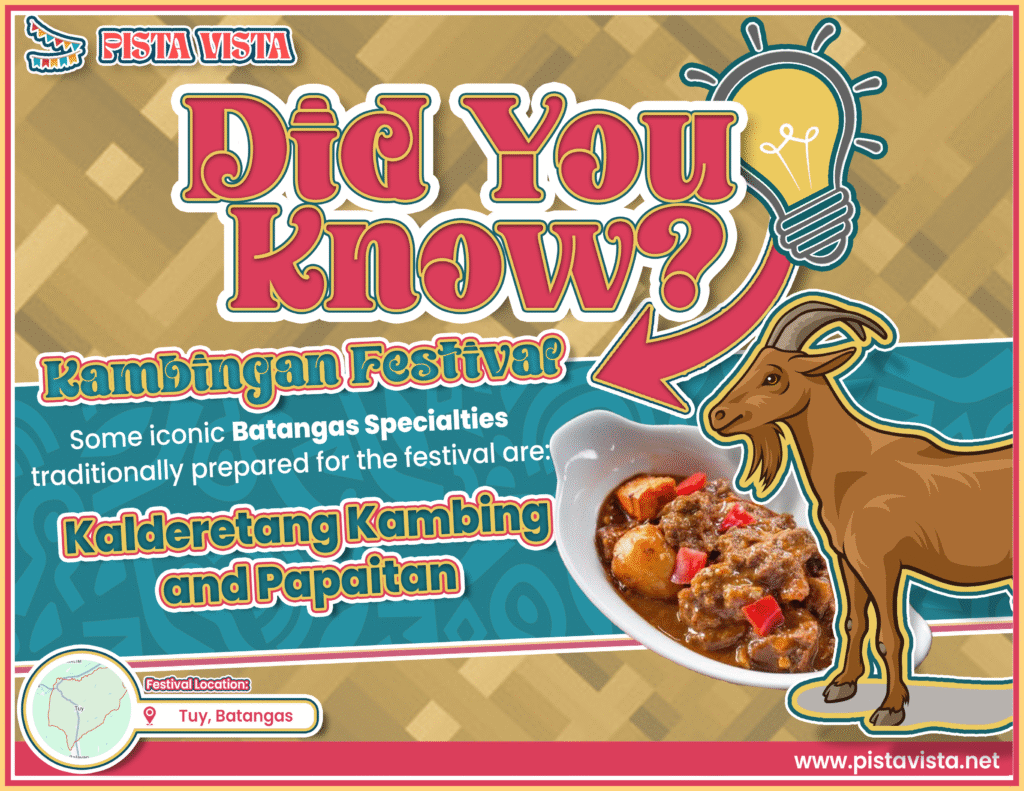
Unique Traditions
The Kambingan Festival in Tuy, Batangas is rich in traditions that reflect the town’s agricultural heritage and cultural pride. Central to the celebration are vibrant street dancing competitions, where performers often dress in goat-inspired costumes and depict scenes from rural life, especially those involving goat-raising. Another key tradition is the cooking contest, or “kambing cook-fest,” where locals showcase their culinary skills by preparing a variety of goat dishes such as kalderetang kambing, sinampalukang kambing, and adobong kambing – staples in the local cuisine.
The festival also includes parades featuring decorated floats with goat-themed designs, trade fairs that sell goat products and native delicacies, and livestock exhibitions where farmers proudly present their healthiest and most well-bred goats. Schools, barangays, and civic groups actively participate, fostering a strong sense of community involvement.
These traditions not only celebrate Tuy’s identity as a goat-raising town but also promote tourism, economic development, and the preservation of local customs passed down through generations.
Video from Maestrong Batangueño
Cultural Impact
The Kambingan Festival in Tuy, Batangas has made a significant cultural impact by strengthening the town’s identity and uniting the community through shared heritage and tradition. By centering the festival around goat-raising, which is a key livelihood in the area, it celebrates the everyday lives of locals and turns their agricultural practices into a source of pride.
It has also become a platform for passing down traditional cooking methods, farming techniques, and cultural values to younger generations. Furthermore, the festival has enhanced Tuy’s visibility in the province, attracting tourists and showcasing the town’s unique cultural character.

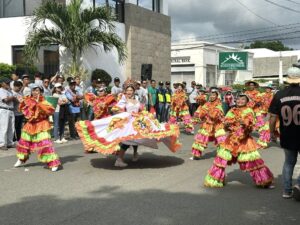
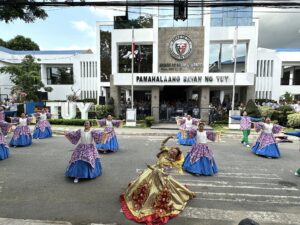
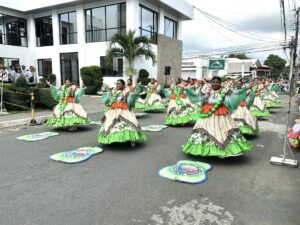
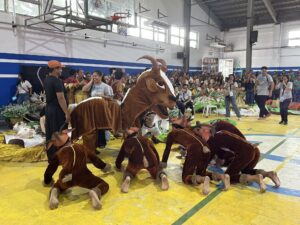

test